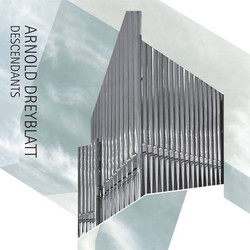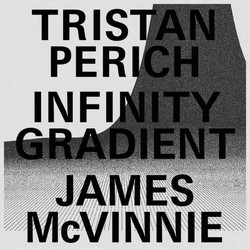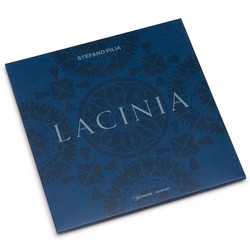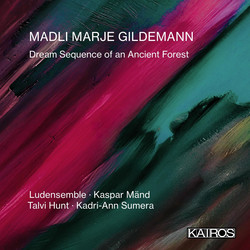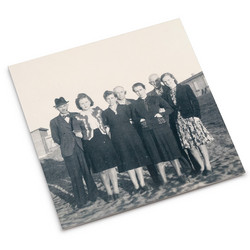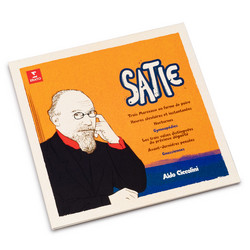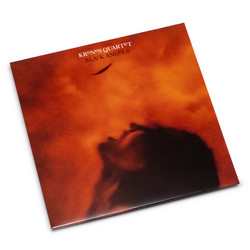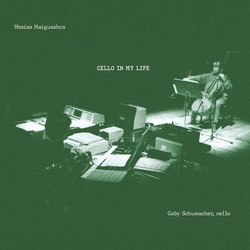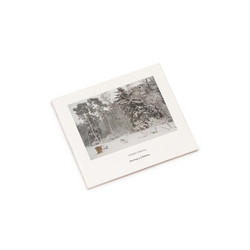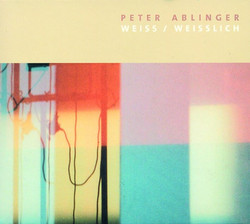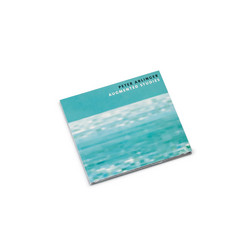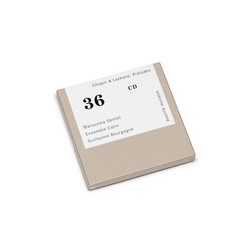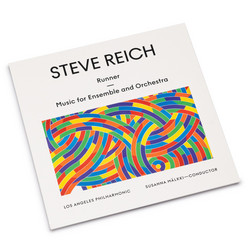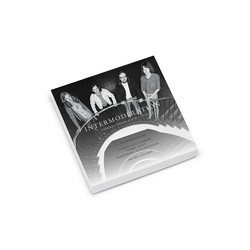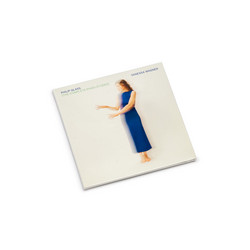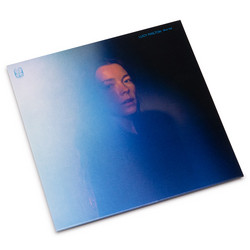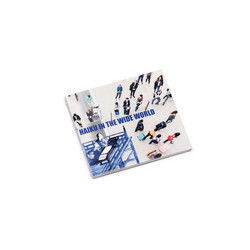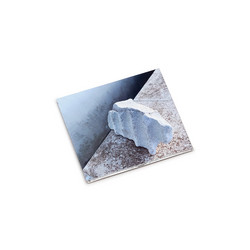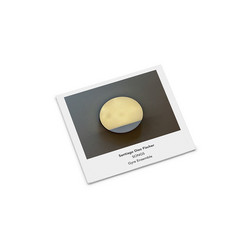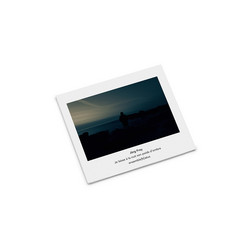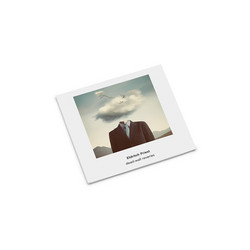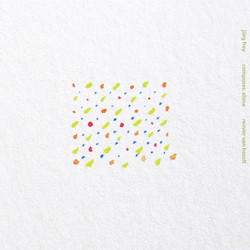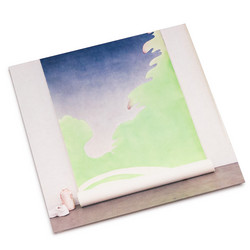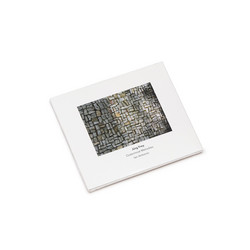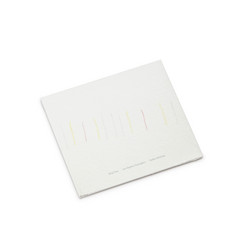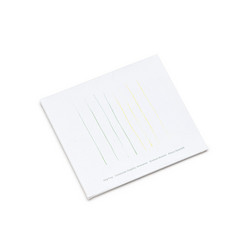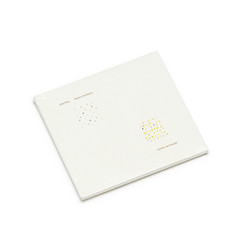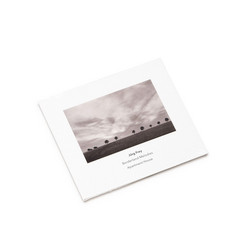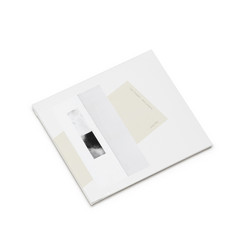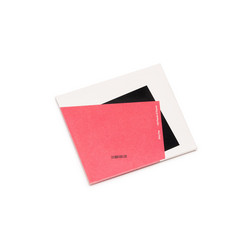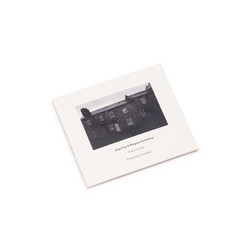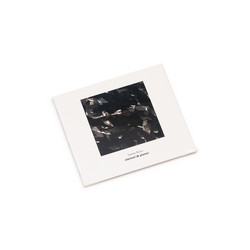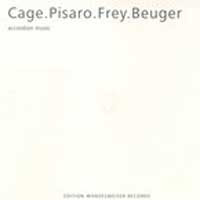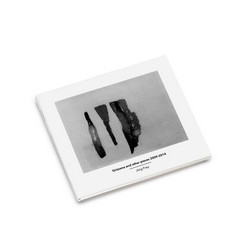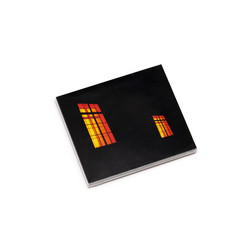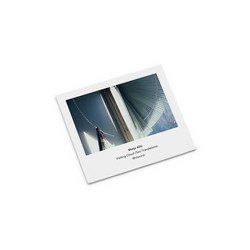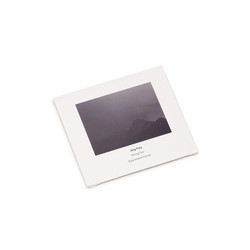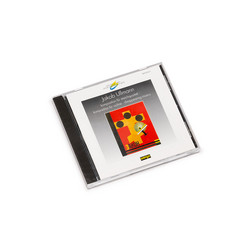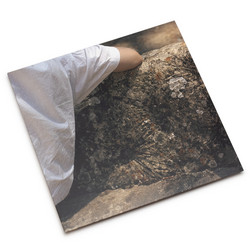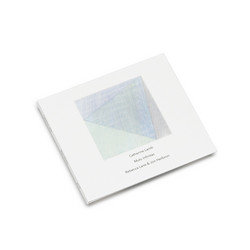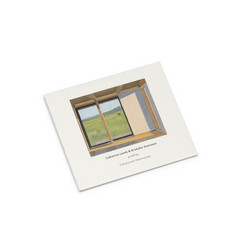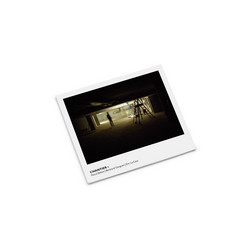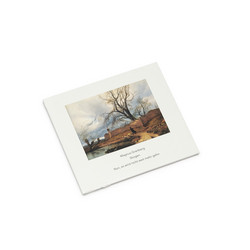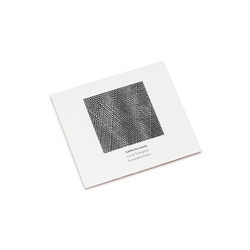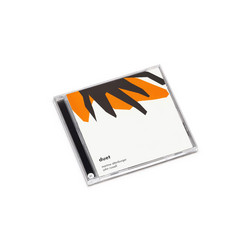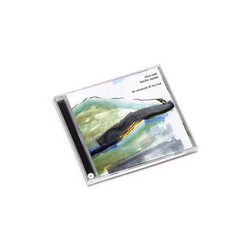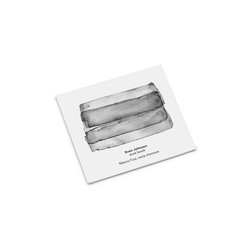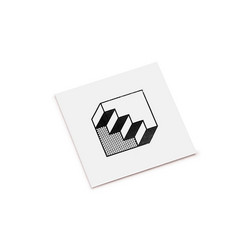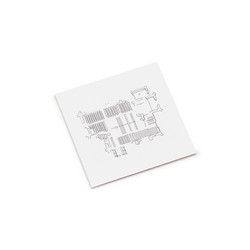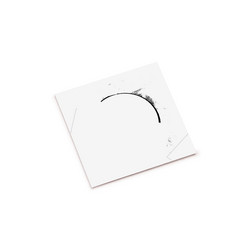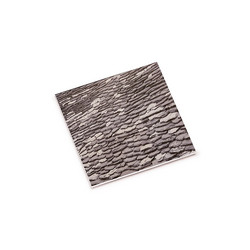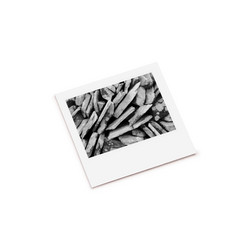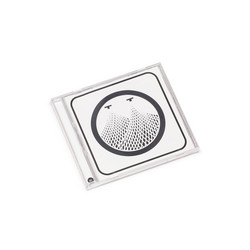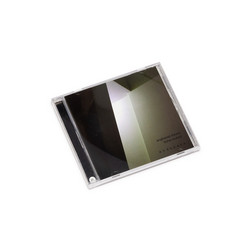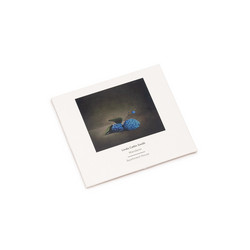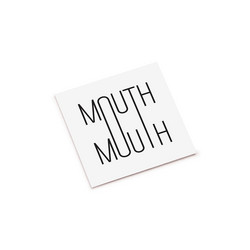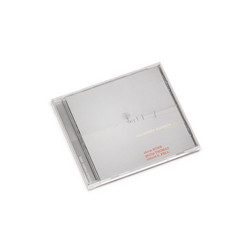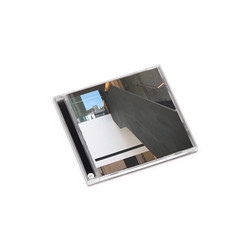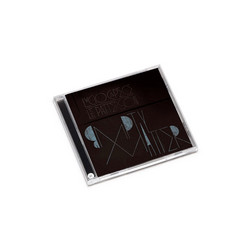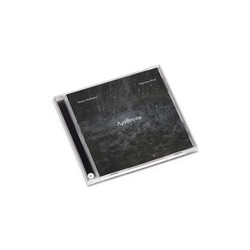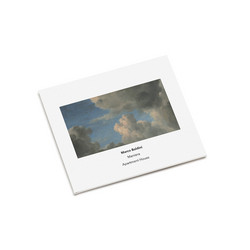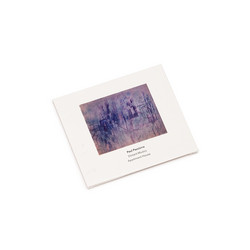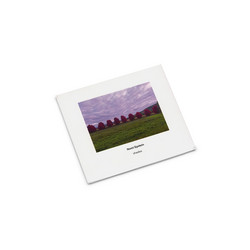Jakob Ullmann, Jürg Frey, Marja Ahti, Eldritch Priest, Santiago Diez Fischer
Another Timbre Bundle (5CD)
Another Timbre presents five essential releases exploring the furthest reaches of contemporary composition and electroacoustic investigation. This special bundle brings together works that exist beyond conventional categories - music demanding patience, recalibrated listening, and willingness to encounter sound in its most essential states.
Jakob Ullmann - Solo I & Solo IV (at250)
Marja Ahti - Visiting Cloud (Two Translations) (at247)
Jürg Frey - Je laisse à la nuit son poids d'ombre (at249)
Eldritch Priest - dead-wall reveries (at246)
Santiago Diez Fischer - SONGS (at248)
Jakob Ullmann's Solo I & Solo IV documents the simultaneous realization of two works from his remarkable Solo series - compositions hovering at the very threshold of audibility. Begun in the late 1980s as Ullmann sought to depart from strict Western notational conventions, the Solo series emerged from conversations with John Cage about graphic notation. Rebecca Lane navigates Solo I with quarter-tone flutes, while Jon Heilbron's double bass anchors Solo IV in darker, gravitational registers. The music unfolds with extreme softness over nearly fifty minutes - not simply quiet music, but music questioning boundaries between sound and silence, composition and ambient environment.
Finnish composer Marja Ahti and Italian ensemble Blutwurst document a three-year collaboration in Visiting Cloud, where two of Ahti's electroacoustic works - Fluctuating Streams and Chora - undergo radical transformation into acoustic versions. The acoustic versions dramatically alter temporal structure, with Chora extending to roughly twice its original duration and Fluctuating Streams stretching to more than three times its electronic length. Led by Marco Baldini, Blutwurst's radical approach makes them ideal collaborators for this transmigration of compositional material, creating instrumental textures hovering between remembered electronics and present acoustics.
Jürg Frey confronts how music inhabits space between two worlds in Je laisse à la nuit son poids d'ombre, a composition for ten musicians that exists in deliberate suspension. The work interweaves texts from ancient Japanese haikus with poems by Swiss poet Anne Perrier, creating what Frey describes as an inner vibration that influenced the composition's development. Performed by ensemble]h[iatus, the instrumentation deliberately avoids a bass voice to ground the composition, contributing to the music's quality of suspension - music that subversively runs counter to stability while maintaining impeccable formal control.
Composer and theorist Eldritch Priest - known through his book Boring Formless Nonsense - documents three works spanning two decades in dead-wall reveries. dust breeding, written for Apartment House, takes chamber music conventions across fragile surfaces where pitch, noise, intention, and accident pass playfully through each other's territory. The title track shifts restlessly between busily melodic passages and reflective sequences, achieving what Priest calls enigmatical repair - music cultivating a compositional sensibility that appears offhanded while remaining rigorously structured.
Argentine composer Santiago Diez Fischer explores primordial voice in SONGS, five works for Gyre Ensemble united by unpolished vocality and poetic titles from female writers. Born from practical limitations in early 2000s Buenos Aires - using his voice to reproduce ideas when studio time was scarce - his method evolved into poetic act. The music achieves what's been called "punk-lyrical" - poetic voice emerging from chaos. Diez Fischer discusses with students the concept of non finito, the aesthetic of unfinished, where his voice carries the spirit of stone becoming sculpture and sculpture merging again with raw stone.
From Ullmann's investigations of disappearance and graphic notation, through Ahti's explorations of temporal transformation and medium translation, to Frey's suspended poetics, Priest's philosophical precision, and Diez Fischer's primordial vocality, these releases trace interconnected pathways through contemporary experimental practice. Each work negotiates fundamental questions: how does music inhabit time? What constitutes the boundary between composition and interpretation? How can sound carry meaning while resisting semantic closure?
Together, they offer compelling evidence that experimental music's most vital territories remain those where notation meets improvisation, where acoustic instruments remember their electronic counterparts, and where silence proves as articulate as sound. This bundle represents Another Timbre's continued commitment to documenting music that exists beyond conventional categories - essential listening for anyone invested in the future and present of experimental composition.

